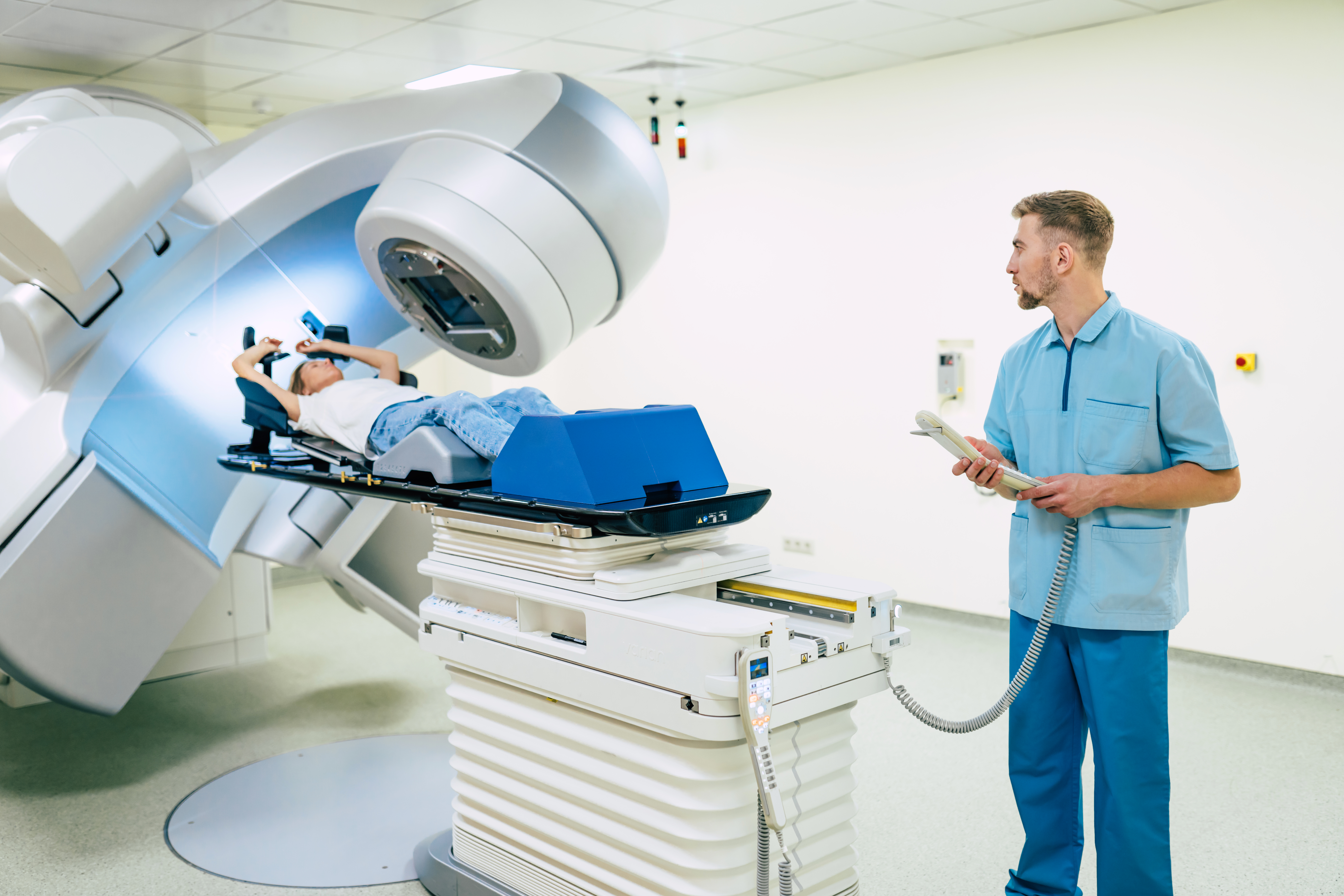
Neuroendocrine tumours (NETs)
NET stands for neuroendocrine tumour. NETs are rare slow-growing cancers (neuroendocrine cancers) that affect cells in your neuroendocrine system.
NETs can be treated with surgery, chemotherapy and radiotherapy.
What are neuroendocrine tumours?
NET stands for neuroendocrine tumour. NETs are rare slow-growing cancers (neuroendocrine cancers) that affect cells in your neuroendocrine system.
Neuroendocrine cells make hormones in your body. Hormones help to control many of the functions in your body. Examples of hormones are serotonin and insulin. Some NETs make extra hormones. These are called functioning NETs. These extra hormones in the body can cause symptoms. Read more about NET symptoms.
The term NETs can be used to refer to different types of tumours. For example, carcinoid tumour, gastroinstestinal NETs, pancreatic NETs, and lung NETs. Read more about the types of NETs.
Most NETs are found in your digestive system. This includes your oesophagus, stomach, bowel, back passage (rectum) and appendix.
NETs can also affect other areas of the body. These include your lungs, pancreas, kidneys, ovaries and testicles.
NETs are rare – for more information on different types of NETS see our rare cancers page (Cancer Research UK has details on specific neuroendocrine tumours)

Picture courtesy of CRUK (Wikimedia commons)
Neuroendocrine cancers and neuroendocrine neoplasms (NENs) are umbrella terms covering cancers that start in neuroendocrine cells.
NETs (neuroendocrine tumours) and NECs (neuroendocrine carcinomas) are types of neuroendocrine cancers.
NETs is the term most commonly used at the moment
NETs support in Ireland
NETs are treated at specialised centres in St Vincent’s University Hospital in Dublin, Mercy University Hospital Cork in the south and Galway University Hospital in the west. The staff at these centres have a lot of experience in managing patients with NETs. As a result, you may be transferred to another hospital from the one where you received your diagnosis, depending on your diagnosis and your suggested treatment plan. Or a NET specialist from one of these centres may be consulted for their opinion on your treatment plan.
Connect with others
Because NETs is not a common condition, it is even more important for you to get as much support as possible. There are other people like you and many groups that want to help you.
NET Patient Network is a patient support and advocacy group for NETs patients in Ireland. It provides information on NETs and organises patient support meetings. www.neuroendocrinecancer.ie
More information about NETs
More information about a NET diagnosis
More information about NETs treatment
Treatment for NETs includes surgery, chemotherapy, radiotherapy, liver-directed therapy and drug treatments.
After treatment for NETs
Looking for support?
Our cancer support section contains information and advice on coping with cancer for diagnosed patients and their loved ones.

For more information
Phone
1800 200 700












